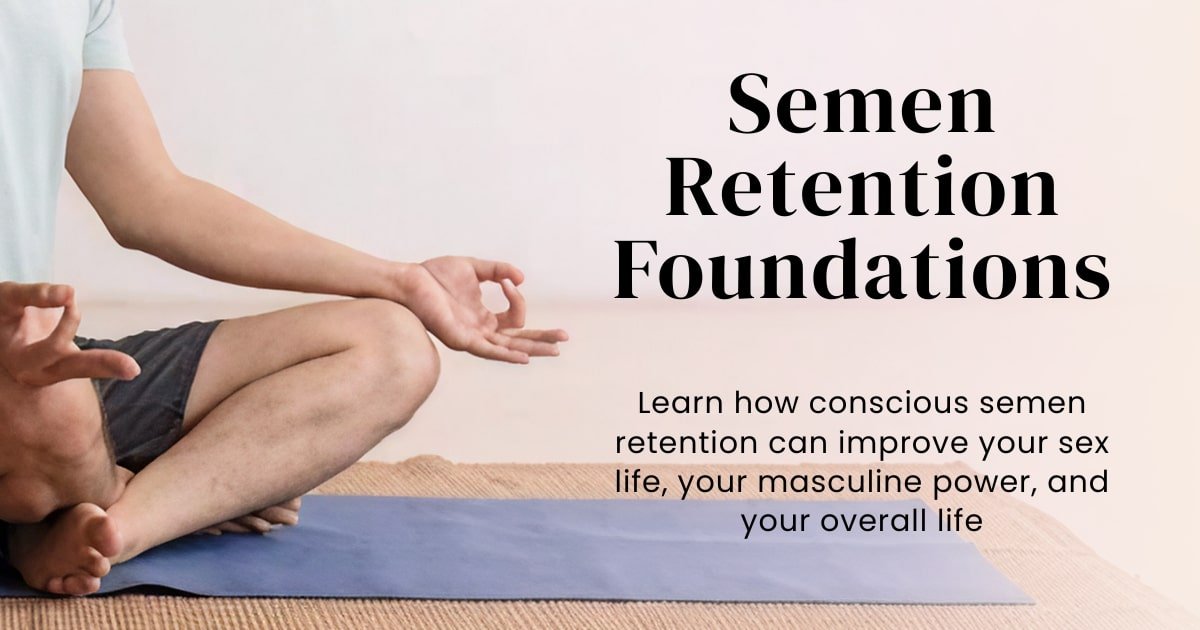
The act of masturbation is normal. But it becomes an issue when it becomes compulsive. When it becomes more about repetitive orgasms and climax, rather than pleasure or the journey of pleasure, it is like walking on a path with lush flowers and trees surrounding you, yet you only worry about the destination and forget about seeing or enjoying the scenery on the way. You only tend to focus on where you want to reach and not how you want to reach it. So, the need to recover from excessive masturbation occurs when your sessions become more about the release rather than the pleasure
And you want this release whenever you get a chance, repeatedly. And the time and place do not seem to faze your impulsive need to touch yourself. So, you find a way. No matter what! It also causes significant problems in your daily life and routine.
When you sprint towards having an orgasm in a hurried, quick way, and want to reach this orgasm again and again and again in a short period – it becomes compulsive.
A man reached out to me recently stating:
I want to masturbate like a pro.
I’m bored by doing just jazz jazzz jazzz and boom 💦 ….
Please advice me. I want to have better orgasms.
While this man wanted to enhance his sessions, there are others who walk on the flimsy line of compulsion and feel a need to overcome excessive masturbation addiction, as it impacts their daily life and routines in a negative way. The negative impact is usually mental, and not physical. Except for fatigue, there are no physical problems that arise because of it. And the truth is that these mental effects can cause troubles in a person’s life.
And that’s why I’m here to talk more about the mental effects of masturbation and give a few tips that can help people to recover from excessive masturbation!
Understanding the Effects of Frequent Masturbation
Mental health and masturbation get connected when it gets in the way of your life.
I’ve had clients who struggled with frequent & compulsive masturbation and wanted to discover ways in which they could recover from excessive masturbation. Such people often touch themselves whenever they get an opportunity to. Such people interrupt or reschedule meetings with their boss, cancel personal plans with a partner, or skip an exam to just get off and have an orgasm. Such people even use toilet or lunch breaks during their work timings to masturbate. It becomes a problem when masturbation has more control over you rather than you over it.
Even though masturbation is healthy, it can become a problem.
First of all, orgasms feel good, naturally. Orgasms are feel-good chemicals and have an anti-stress, anti-anxiety, and anti-cancerous element. They can even help you live longer. So, there’s nothing negative in the act itself. And ‘masturbation’ as an act is not addictive but these feel good chemicals can get addictive.
I felt the need to clear the plenty of myths and misconceptions about masturbation out there because when we’re going to talk about how to recover from excessive masturbation, we need to have the right information. Usually, when masturbation gets out of control, it is because of some underlying disturbances and problems. ‘Masturbation’ as an act in itself is tranquillizing and is a healthy coping mechanism if you wish to relax, soothe, and just simply pleasure yourself.
But when you feel compelled to masturbate, there will be an underlying issue. There was a client of mine who struggled with sex addiction due to boredom. His porn addiction got tackled through talking therapy, where he talked about his business stress and learned how to confront and deal with them. And this ultimately helped his sex addiction and recover from excessive masturbation.
Tips to Reduce Masturbation Frequency
To recover from excessive masturbation, you don’t need to rely on pills or medicines. There are tons of natural ways to stop masturbation, or breaking masturbation habits which are unhealthy.
Tip #1 | Some Self-Control Techniques for Masturbation
Build Self-Awareness
The first step is to be self-aware and to know the roots of your sexual compulsion, or compulsive masturbation. When you identify the triggers for this compulsive behaviour, you’ll craft a much stronger way to recover from excessive masturbation. The triggers can be many. It can be stress, it can be anxiety, loneliness or any unresolved emotional problems or trauma. So, to find the correct therapy for masturbation addiction, understanding these emotional aspects of your compulsion is necessary.
To build this self-awareness and to recover from excessive masturbation – you can develop a ‘reflective self’, which is a part of the self that can observe or pay attention to the rest of the self. And this objective observation of yourself via the ‘reflective self’ can help you understand yourself much better, and in this way, you can make changes in yourself and your life accordingly.
Tip #2 | Therapy for Masturbation Addiction
Get Professional Help or Niche Support
Breaking masturbation habits and to recover from excessive masturbation is not a linear and easy road. And when you find others who are in the same boat as you and are struggling with excessive and compulsive masturbation too – your journey to recovery will be successful. You can either go for professional sex therapy with a sex counsellor or psychologist who specializes in this problem. Or you can join a support group who has struggled with and has overcome the same problem. This will encourage your healing journey further, and these people can hold you accountable and help you stick to your healing process.
Tip #3 | Improving Sexual Health
Replace with Healthy Alternatives
Since compulsive masturbation arises from underlying triggers such as stress, loneliness, low self-image; you can manage such triggers with other activities that are healthier for you. You can engage in a hobby, start exercising regularly, find a creative outlet for expression, or socialize more. These things that you are interested in and are good for you will keep you engaged, diverting you from your impulsive desire to touch yourself.
You deserve to experience pleasure on your own terms. And you can be the one who controls your sexuality, rather than letting your sexuality control you.
Check out our other articles, to read up about diverse topics about sexuality and intimacy that you might find helpful.
Other External Resources:
- https://www.verywellmind.com/what-is-masturbation-addiction-5077411
- https://www.medicalnewstoday.com/articles/325743
- https://psychcentral.com/blog/sex/2012/05/compulsive-masturbation-the-secret-sexual-disorder
- https://www.ncbi.nlm.nih.gov/pmc/articles/PMC2945841
- https://www.healthline.com/health/masturbation-addiction
FAQ Section
- How can I break the habit of excessive masturbation?
Answer: Getting a hobby, physical exercise, yoga, and meditation are some of the many ways in which this habit can be broken. - What are the physical effects of excessive masturbation?
Answer: There are no major physical effects of excessive masturbation. You can experience some tiredness, soreness on your genitals or skin irritation. - Can excessive masturbation lead to long-term health issues?
Answer: It does not cause any long-term health problems. But it can interfere with or impact relationships. - What steps can I take to control excessive masturbation?
Answer: It can be controlled by setting some limits/boundaries, seeking professional help, minimizing the trigger, and a lot of other different ways. - Are there any natural remedies to reduce the urge to masturbate?
Answer: You can meditate, and exercise regularly and diligently. You even keep yourself busy and occupied with hobbies or other productive activities.












